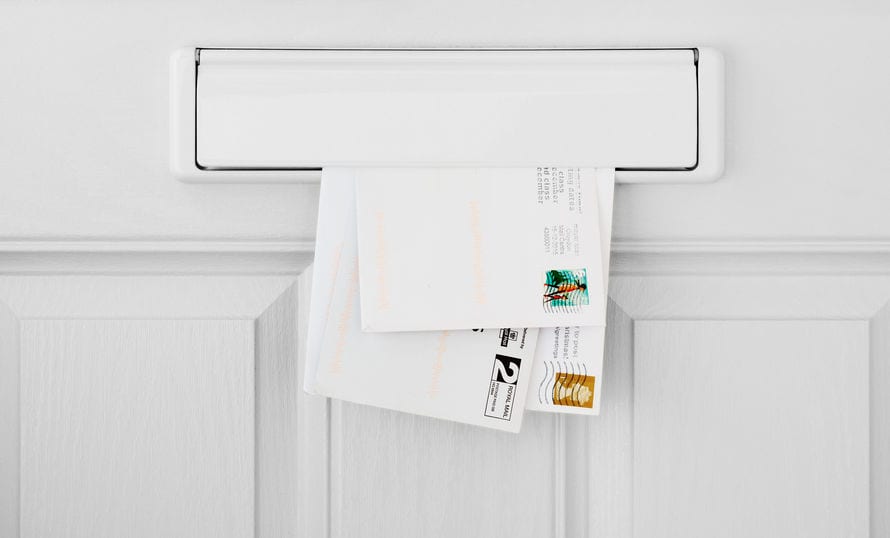What Is an IRS CP22A Notice?
If a taxpayer requests the IRS make changes to a federal tax return, and the IRS finds they owe as a result of making one or more changes (as requested), they will mail an IRS CP22A notice to the taxpayer.
In addition, the IRS can make changes without a request from the taxpayer. These changes usually involve how many dependents you claimed or your filing status. If this occurs, taxpayers will also receive an IRS CP22A.
What Is an IRS CP22E Notice?
Receiving an IRS CP22E notice means the IRS has recently audited your tax return and determined that you owe taxes after making certain changes to your tax return.
The IRS will notify a taxpayer by mail only if they are preparing to perform an audit on their tax return.
How are CP22A and CP22E Notices Different?
The primary difference between the two notices is that a CP22A notice means you requested changes, or the IRS made changes that resulted in a taxpayer owing taxes. Receiving a CP22E notice indicates you have been audited by the IRS and owe taxes on an amended tax return.
How Much Time Do I Have to Pay New Taxes I Owe the IRS After I Receive a CP22A or a CP22E Notice?
Each CP22A or CP22E notice will have a due date by which the IRS expects the recipient to either pay the tax debt amount in full, contact them to establish a payment plan, or dispute the notices. Failing to notify the IRS by the due date may result in late penalties and interest increasing the original taxes owed.
In most cases, the IRS gives taxpayers 21 days to remit full payment or make arrangements to pay monthly installments on back taxes owed.
What Should I Do If the IRS Changes My Return and I Cannot Pay Taxes the IRS Now Says I Owe?
The IRS has several payment plan options available for taxpayers who cannot pay the full amount of a tax debt resulting from changes to or audits of their tax returns.
The Taxpayer Relief Initiative provides taxpayers with short-term payment plans that allow them to take up to 180 days instead of 120 days to resolve tax debt issues.
In addition, this initiative helps individuals owing taxes after receiving CP22A and CP22E notices by:
- Offering flexibility for taxpayers who may be temporarily unable to make payments according to their Offer in Compromise agreement
- Letting taxpayers owing less than $25,000 to set up a long-term or short-term payment without explaining financial reasons affecting their inability to pay the full amount
- Letting taxpayers owing less than $250,000 to qualify for installment agreements before the IRS puts a lien on their property or assets
- Allowing taxpayers to adjust payment amounts and due dates if they make installment payments using the direct debit process
It is also possible to apply and qualify for a long-term payment plan online if a taxpayer owes less than $50,000 in combined interest, penalties, and taxes. If you owe less than $100,000 in combined penalties, taxes, and interest, you may also apply and qualify online for an installment agreement.
Other options for paying taxes owed due to CP22E and CP22A notices include requesting a suspension of collection activities or requesting a penalty abatement to reduce the tax debt.
How Do I Dispute CP22A and CP22E Notices?
If you receive a CP22A notice and do not agree with its conclusion, the IRS wants you to contact them directly to resolve the matter. Call the IRS phone number printed on your CP22A or make an appointment with your local IRS office. You can find the closest Taxpayer Assistance Center Office to you here: https://apps.irs.gov/app/office-locator/.
If you receive a CP22E notice, you may request an audit reconsideration, file an appeal with the Office of Appeals, or file an amended tax return. Audit reconsiderations are applicable if you disagree with the audit assessment, moved to a new address and never received IRS notices, or failed to appear for an in-person audit.
To file an appeal, fill out the appeal rights document that accompanied your CP22E notice and mail the document to the IRS address printed on the letter.
Need back tax help and want to know more about tax resolution services and tax relief costs? You can schedule a free call by going to: https://www.wiztax.com/schedule or start online by answering 6 simple questions. We never charge for ‘investigations’ or consultations.
6 Simple Questions. Free Evaluation.
Join our Newsletter
Enter your email address to join our free newsletter. Get all the latest news and updates.

